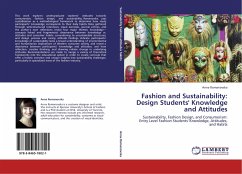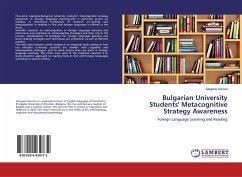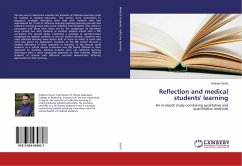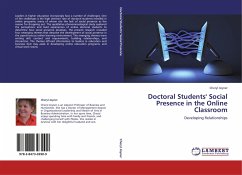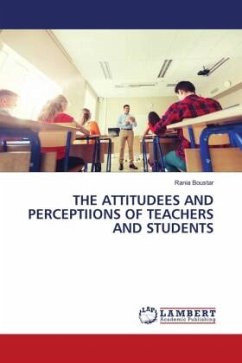This work explores undergraduate students attitudes towards consumerism, fashion design, and sustainability. Romanovska uses crystallization as a methodological framework to determine how study participants knowledge corresponds to their daily habits. Data gathered through semi-structured interviews, visual exercises, journal entries, and the author s own reflections reveal four major themes: knowledge concepts linked and fragmented; dissonance between knowledge vs. attitudes and consumer habits; surrendering to unsustainable structures; and design process and caring attitude. Findings indicate participants knowledge of sustainability lacks a broad understanding of environmental and humanitarian implications of Western consumer society, and reveal a dissonance between participants knowledge and attitudes, and how reflection, creative thinking, and drawing initiate change in underlying attitudes. Recommendations are made to merge a variety of theoretical frameworks into the educational system in order to create curricula that offer a holistic overview and unique insights into sustainability challenges, particularly in specialized areas of the fashion industry.
Bitte wählen Sie Ihr Anliegen aus.
Rechnungen
Retourenschein anfordern
Bestellstatus
Storno

